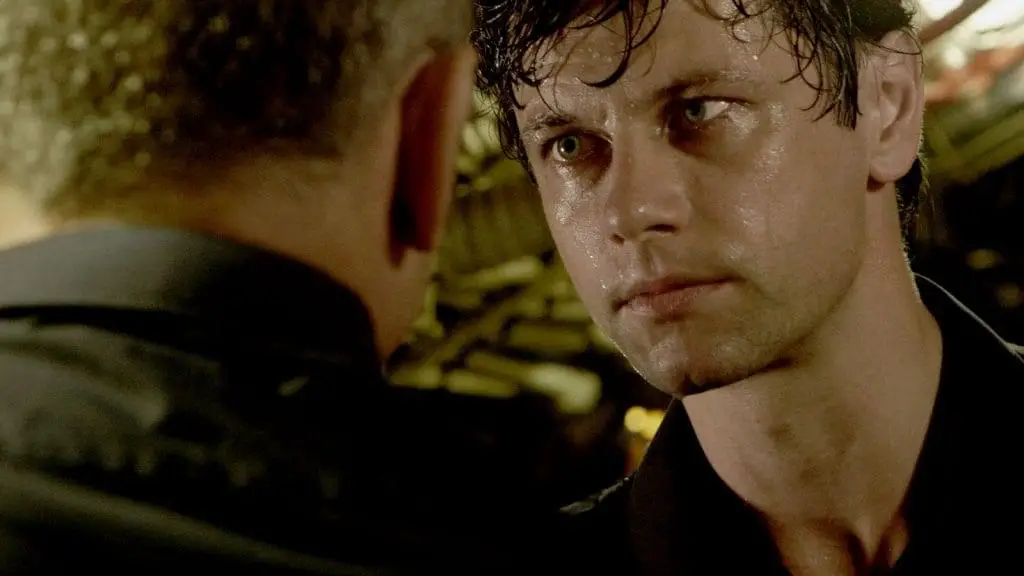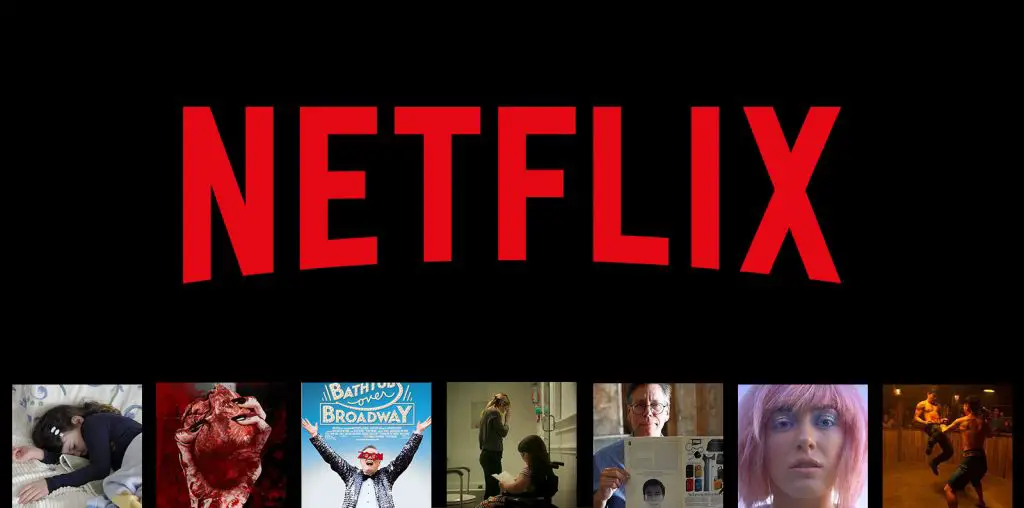
Based on outward appearances, “Barbershop” reads as a youth-targeted hip-hop comedy, what with Ice Cube leading an ensemble cast that also includes Eve. But the name in the credits that’s most truly reflective of the film’s tone is not of either multi-platinum rapper, but of producer George Tillman Jr. Not unlike the Tillman-directed “Soul Food,” Tim Story’s film is a funny, warm, immensely likable, and all-ages-appealing film centering around the importance of heritage and family.
In “Barbershop,” the family is a figurative one, namely the people who gather daily in and around Calvin’s (Ice Cube) shop in the south side of Chicago, whether to work, get a haircut, or simply talk. Calvin’s colorful crew includes the condescending Jimmy (Sean Patrick Thomas), who uses any opportunity to flaunt his education and perceived intelligence; Isaac (Troy Garity), the white hip-hopper who is constantly at odds with Jimmy; sassy Terri (Eve), the shop’s one female haircutter; Nigeria-born Dinka (Leonard Earl Howze), who carries a torch for Terri; Ricky (Michael Ealy), a young former thug trying to go straight; and old timer Eddie (Cedric the Entertainer, in a movie-stealing performance), who’s worked at the shop for decades. Alas, this family–and the legacy of Calvin’s father, who opened the shop many years ago and passed the tradition on–is in danger when the financially-strapped Calvin makes a fateful decision about his, the shop’s–and, in turn, the community’s–future.
There’s also a concurrent plot involving two idiot lowlifes (Anthony Anderson and Lahmard Tate) who stole an ATM from a convenient store, but “Barbershop” isn’t really about any sort of story per se. While he efficiently, if leisurely, advances those larger plotlines, Story is more concerned with moments with the characters at the shop, however trivial they may be, such as Terri loudly trying to identify the culprit who drank her apple juice or Eddie delivering his politically incorrect (and hilarious) views on the civil rights movement. The meandering focus is jarring at first, but one is quickly able to settle into the rhythm–not so much of the film than of the environment and the people, which is what the film is truly about. Story and writers Mark Brown, Don D. Scott, and Marshall Todd aren’t above going for the occasional lowbrow, ribald joke or obvious physical gag–particularly whenever the ATM thieves show up on screen–but the appealing cast is more than capable of selling the weaker spots in the material and all create believable, fleshed-out characters. Much like how its employees and patrons don’t want to see the barbershop close, once one has become acquainted with these people and this place, one may not want “Barbershop” to end.

